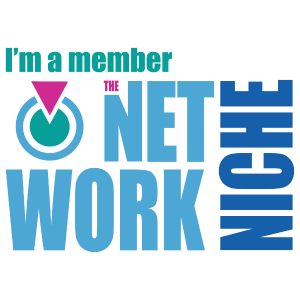How To Relieve Jaw Pain
/Jaw pain is a common problem. Many people can experience it, and it has a range of different causes. You might find that your jaw hurts at certain times of the day, such as when you first wake up in the morning. You could also have jaw pain that starts suddenly and then won't go away. It can range in severity, from mildly annoying to being so painful that you can't eat or talk. If you're experiencing jaw pain, you need to know how to treat it and how to find the cause. Here are some things you should do if your jaw hurts.
Relieve the Pain
The first thing that you may want to do is address the pain you're experiencing in the short term. While this might not get to the bottom of the problem, it will help you to feel better until you're able to get the treatment you need. Over-the-counter painkillers can be a good option to help you if you're in pain. Ibuprofen and other medications are easily available and effective for mild to moderate pain. You can also consider hot and cold therapy, using things like ice packs and warm compresses to help relieve your pain.
See A Dentist
When you're considering treatment for your jaw pain, it can be hard to know whether to see a doctor or dentist. A dentist is often the right choice, and they can refer you to a doctor if it's necessary. Dentists don't just know about teeth; they're also familiar with how the jaw works. Some jaw pain is caused by dental problems and can be addressed by your dentist. They can do everything from remove wisdom teeth to provide you with a mouth guard to help you stop grinding your teeth at night. They can also treat infections, perform root canal treatments, and carry out various other dental treatments.
See a Doctor
A doctor could also be the right person to see if you have jaw pain. Again, they could refer you to a dentist if they're the better option. If home remedies don't improve your pain and it's interfering with your daily routine, your doctor may be able to help. They can provide treatments such as muscle relaxants or steroid injections to help with some causes of jaw pain. A doctor can also help if you have injured your jaw in an accident.
Learn to Relax
Some jaw pain comes from clenching your jaw and grinding your teeth. If you're someone who does this, some help with relaxation can relieve your jaw pain. There are many ways to relax more and deal with stress in a healthy way so that you're not so tense. You could be surprised by how much it might help to relieve the pain in your jaw. People relax in a lot of different ways, from exercising to meditating, so find what works for you.
You don't have to suffer with jaw pain. If your jaw is aching, do something about it and get help.






